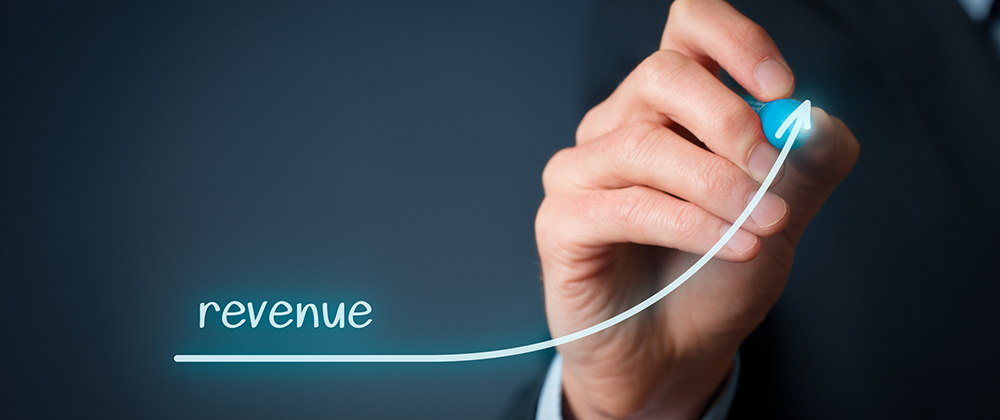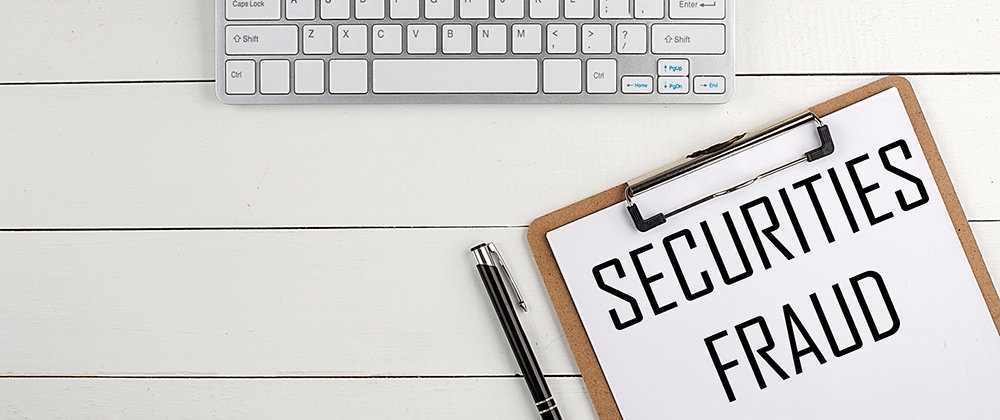In late January 2024, a New York Federal Court granted the SEC a partial summary judgment against the former Chief Financial Officer of Synchronoss Technologies, as well as its current Controller.
In its Complaint, the SEC alleged that the CFO and Controller overstated the revenue of Synchronoss through fraudulent accounting activities. In particular, the SEC contended in its enforcement action that the CFO aided and abetted the filing of materially false financial statements of Synchronoss in connection with five (5) transactions that the company subsequently restated, and took part in fraudulent conduct as to three of the transactions. In a more sinister twist, the CFO is alleged to have tried to cover up her and the company’s wrongful conduct by: (1) making false statements to the company’s auditor regarding the subject transactions, (2) falsifying company books and records, and (3) circumventing company accounting control systems.
With respect to the Controller, the SEC claimed that she aided and abetted the company’s improper recognition of revenue, falsified company books and records, and took steps to circumvent the company’s accounting control systems as to one of these five transactions by providing the auditor with a materially misleading memorandum regarding one transaction. The SEC Complaint alleged that the result of the improper accounting was material, and in certain cases permitted Synchronoss to meet revenue expectations it, but for the alleged wrongful conduct, would not have otherwise been able to achieve.
The SEC’s complaint charged the CFO with violations of several provisions of the federal securities laws, including Sections 10(b), 13(a) and 13(b)(5) of the Securities Exchange Act of 1934 (the “Exchange Act”) and Rules 10b-5, 13a-14, 13b2-1, and 13b2-2 thereunder; as well as Section 304 of the Sarbanes-Oxley Act of 2002 (“SOX”). The SEC also charged her for aiding and abetting the company’s violations of Sections 10(b), 13(a), 13(b)(2)(A), and 13(b)(2)(B) of the Exchange Act.
The SEC charged the Controller with violations of Section 13(b)(5) of the Exchange Act and Rule 13b2-1 thereunder; and aiding and abetting the company’s violations of Sections 13(a) and 13(b)(2)(A) of the Exchange Act and Rules 12b-20, 13a-1, 13a-11, and 13a-13 thereunder.
The SEC sought summary judgment against the CFO on all of its claims asserted, with respect to one of the five charged transactions, and against the CFO and Controller on its Rule 13b2-1 claim with respect to another transaction. The Court granted the SEC’s motion in full, determining, among other things, that the CFO was liable for fraud as well as liable under SOX 304 for reimbursement of $430,741 to the company. The Court simultaneously denied in full the CFO’s and Controller’s cross motions for summary judgment.
Defending Against Revenue Recognition Accounting Fraud
David Chase, Esq. of the Law Firm of David R. Chase, is a SEC defense lawyer who represents individuals and companies under SEC investigation or SEC Subpoena for alleged accounting fraud nationwide, including Los Angeles, Dallas, Houston, Boston Chicago, New York, Washington, DC, Philadelphia and Orlando. You may contact David toll-free at: 800-760-0912 or e-mail at: david@davidchaselaw.com, and can visit the Firm’s SEC defense website for more information and content at: www.davidchaselaw.com.




